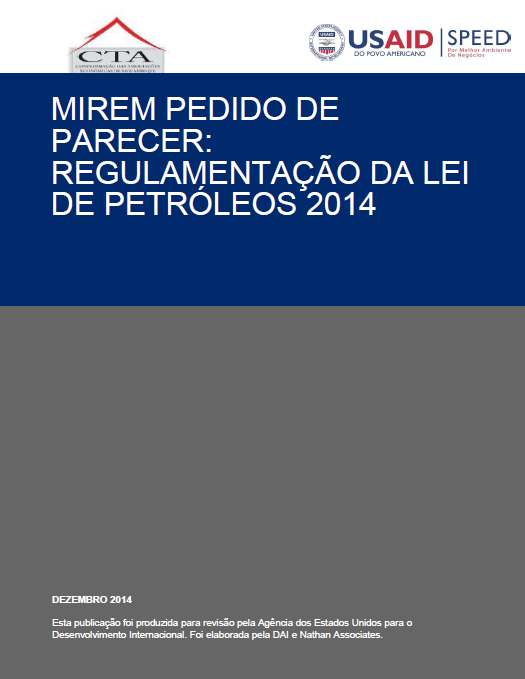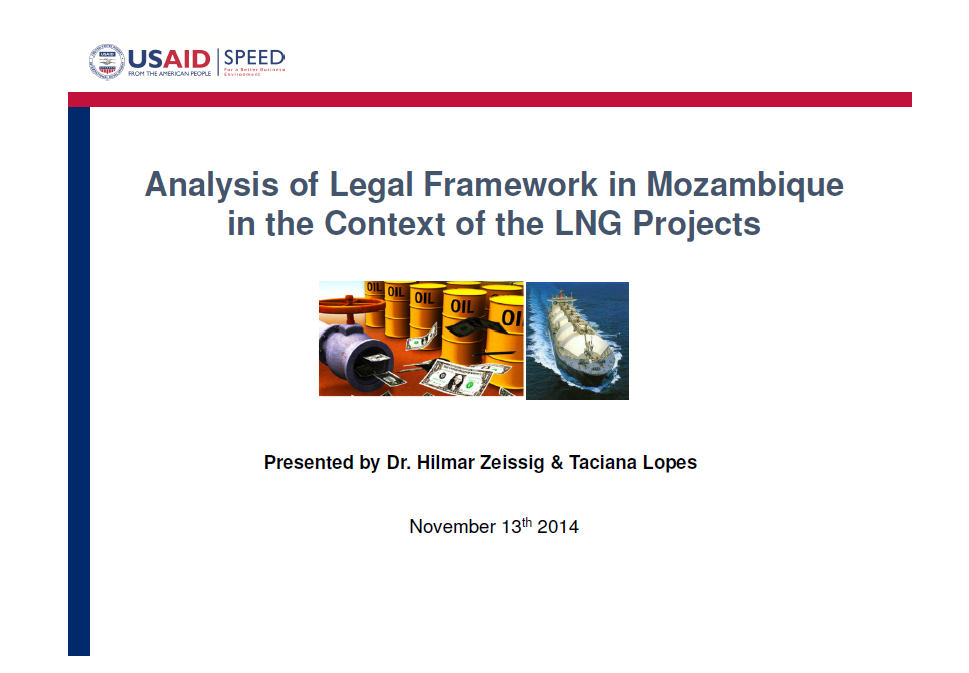Location
About Us
We envision a world in which land governance systems, both formal and informal, are effective, accessible, and responsive for all. This is possible when land tenure and property rights are recognized as critical development issues and when the United States Government and its development partners demonstrate consistent attention and a firm commitment to supporting coordinated policies and programs that clarify and strengthen the land tenure and property rights of all members of society, enabling broad-based economic growth, gender equality, reduced incidence of conflicts, enhanced food security, improved resilience to climate change, and effective natural resource management.
Mission Statement
The USAID Land Tenure and Resource Management (LTRM) Office will lead the United States Government to realize international efforts—in accordance with the U.S. Government’s Land Governance Policy—to clarify and strengthen the land tenure and property rights of all members of society—individuals, groups and legal entities, including those individuals and groups that are often marginalized, and the LTRM Office will help ensure that land governance systems are effective, accessible, and responsive. We will achieve this by testing innovative models for securing land tenure and property rights and disseminating best practice as it relates to securing land rights and improving resource governance within the USG and our development partners.
Members:
Resources
Displaying 66 - 70 of 440Regulamentação da lei de petróleos 2014 (MIREM pedido de parecer)
Foi recentemente aprovada uma nova Lei de Petróleos, a Lei nº 21/2014, de 18 de Agosto. Nos termos desta lei, compete ao Governo regulamentar as matérias nela constantes, no prazo de 60 dias (artigo 70). Tendo sido elaborada uma Proposta de Regulamento da Lei de Petróleos, cumpre-nos analisar a conformidade da mesma com a lei, assim como tecer comentários sobre o novo regime, confrontando, sempre que necessário, com a legislação anterior.
Mozambique: apoio ao desenvolvimento do quadro jurídico para projectos de GNL
Os objectivos específicos deste projecto consistem na assistência à interpretação do actual enquadramento legislativo de Moçambique (no contexto de projectos de GNL) e no apoio ao desenvolvimento de um quadro jurídico que permita aos projectos de GNL desenvolverem se assegurando, ao mesmo tempo, um resultado positivo para o país.
Analysis of Legal Framework in Mozambique in the Context of the LNG Projects
Objectives of the study:
• Assist in the interpretation of Mozambique’s current legal framework in the context of LNG projects
• Provide a basis for informed discussion and negotiation between stakeholders and the public in general
• Contribute to the creation of a modern and competitive regulatory oil & gas regime for Mozambique that is consistent with international best practices
Feed the Future Proves Commitment to Securing Land Tenure
With the endorsement of the Principles for Responsible Investment in Agriculture and Food Systems (RAI) in October, attention turns to how to reflect the principles and practices outlined in the RAI in foreign assistance and public and private investments. The United States’ global hunger and food security initiative, Feed the Future, already places responsible investment at the core of its programs--including clarifying land rights and maximizing the positive impact of agricultural investments on women, smallholder farmers, and families’ nutritional status.
Investing in Smallholder Farmers to Feed the Future
Tim Fella, Senior Land Tenure and Conflict Advisor for USAID’s Land Tenure and Resource Management Office wrote an article that was featured in Devex's Newswire newsletter last week. An excerpt appears below.
As the International Year of Family Farming winds down, a new set of United Nations principles recognizes that in order to promote global food security, we need to acknowledge and promote family farmers as key investors in agriculture and food systems.





